"I'm just a scrappy little bitch," Ryan O'Connell says. The creator and star of Special, the Netflix comedy about a gay, disabled 20-something, admits he had to push hard to get the project that centers marginalized people off the ground in Hollywood.
"Notice that I did not say 'scrappy little nobody,'" O'Connell jokes, invoking the title of Anna Kendrick's memoir. He considers Kendrick a "queen," but says, "God knows I don't want to be associated with that. My drug of choice is proving people wrong."
O'Connell and his series changed the TV landscape on a few fronts when it dropped in April 2019. Special was created and written by O'Connell, and he stars in it as a character with some similarities to himself. He and his character Ryan both are gay, have cerebral palsy, and were hit by cars. The first season saw Ryan land a job at an earnest taste-making blog called EggWoke (run by Marla Mindelle's narcissistic Olivia), make a true friend who gives excellent advice (Punam Patel as Kim), lose his virginity, and break free from his overprotective mother, Karen (the fabulous Jessica Hecht). In season 2, Ryan truly comes into his own.
Sadly, though, this season, which explores polyamory, the fetishization of disability, bad sex, and finding one's people, is also its last. And it's something O'Connell has sat with for a couple of years as the pandemic delayed the production and release. While fans will surely mourn its end, O'Connell is pleased at least that he was able to take it to a natural conclusion.
"We were able to finish Special. I feel fortunate to have spent the last year doing what I was able to do and to escape in these worlds that I created. But at the same time, it was really stressful," O'Connell says.
"I feel like I always had this kind of hum of dread in the background of whether or not I was going to get [COVID-19]. And if I did get it, whether or not I was going to be seriously sick. I feel like if I didn't have cerebral palsy, maybe I would have been a little bit more chill about it, given my age and everything like that. But it was a very intense year."
Still, O'Connell, and this is where that scrappiness comes in, turned his anxiety into art. In quarantine, he finished Special, penned a novel, and wrote two other shows.
This season, having moved out of Karen's house (and in a nonspeaking tiff with her for months), Ryan explores dating even more.
"What's fun about Ryan is that I'm a sucker for adolescents and coming-of-age stories," O'Connell says. "I think it's interesting with Ryan because you're telling his coming-of-age story, but honey, he's fucking 28 years old. He's so inexperienced. He's such a raw nerve that he's having a series of firsts."
In the season, Ryan finds a nice guy who also happens to have a long-term partner. Ryan explores being with someone in an open relationship, but it is fraught with Ryan's coming to terms with his emotions around nonmonogamy. He also meets a seemingly perfect and available, super-hot guy. There, O'Connell explores an all-too universal experience of consensual sex that still feels icky and demoralizing. In Ryan's case, he hooks up with a guy who fetishizes his disability. It's clear it's the guy's kink.
"I was interested in telling a story of sex that was consensual, but sex that if you liked yourself 10 percent more you would never have been involved with," O'Connell says. "Like [in terms of] consensual [the guy] asked, 'Is this OK?' And Ryan says 'Yes.'"
"This isn't a story about, necessarily, assault. It's a story about bad sex and about self-worth. Ryan is so new. I think he's going to find himself in situations that ordinarily you would kind of immediately pick up on and be like, Never mind, not for me."
Thanks to O'Connell's hilarious and relatable benchmark series, there's a path for others to follow and expand upon.
"Being one of the first people to depict disability and queerness, it was a lot of pressure that I put on myself. You get the representation sweats. You want to do right by everybody. But you also know as a storyteller that you have to kind of stay close to your truth and you can't speak for everybody," he says.
Something he's done this season is pass the torch (something Jim Parsons did for him). Among the men Ryan meets this season is newcomer Buck Andrews's Henry, who is on the autism spectrum. O'Connell and Andrews connected on and off screen. While O'Connell and Ryan didn't grow up around other disabled folks, on-screen, Henry changes that for Ryan by introducing him to a meetup group.
"I didn't grow up with disabled friends, I did not grow up with a disabled community. That was one of two things. I didn't know where they were. Second of all, I'm sure there was a lot of internalized ableism," O'Connell says. "But I felt like I didn't want to be reminded of that disability. I wanted to run away from that reality. I didn't want to embrace it."
"So this has been incredibly healing and cathartic for me to meet people that I connect to and that I can call friends because I've never had that before," he says. "Imagine being gay and having no gay friends."
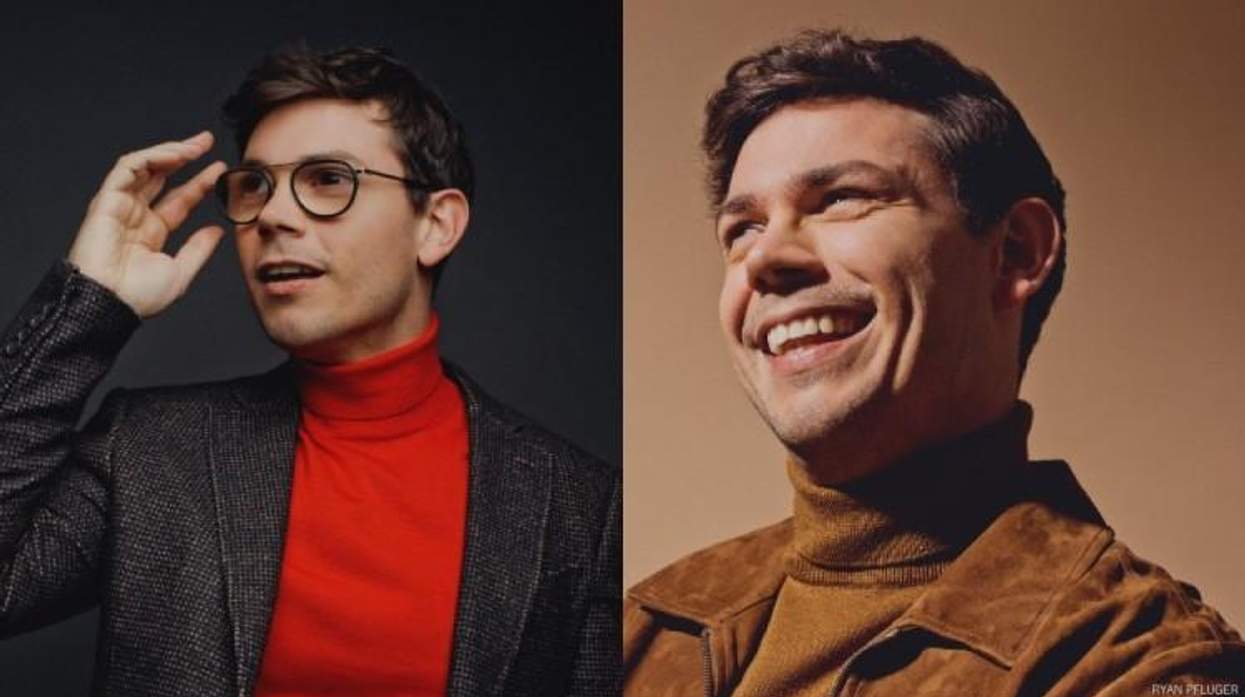

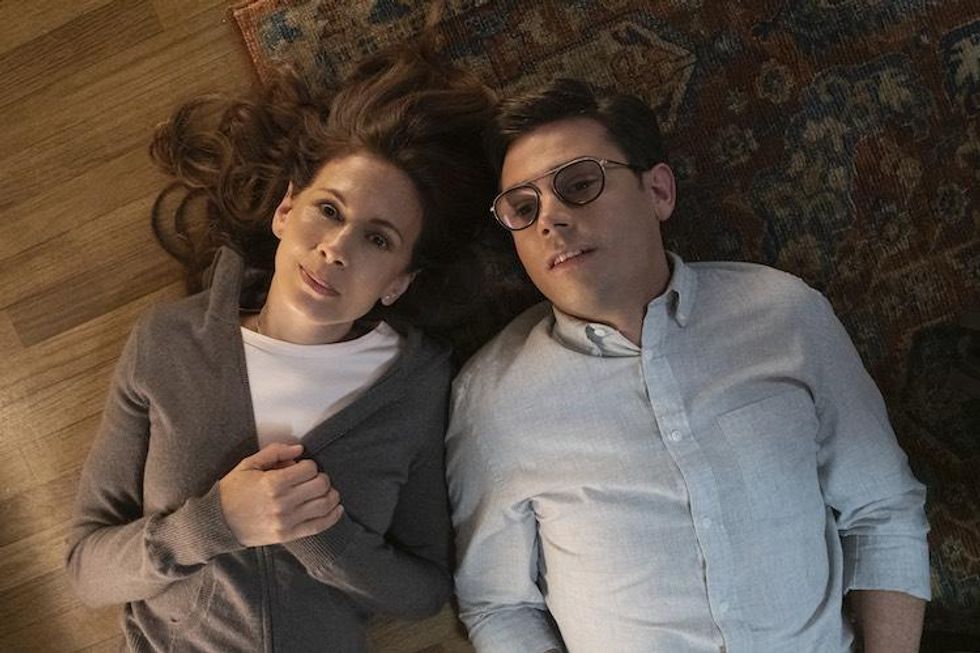






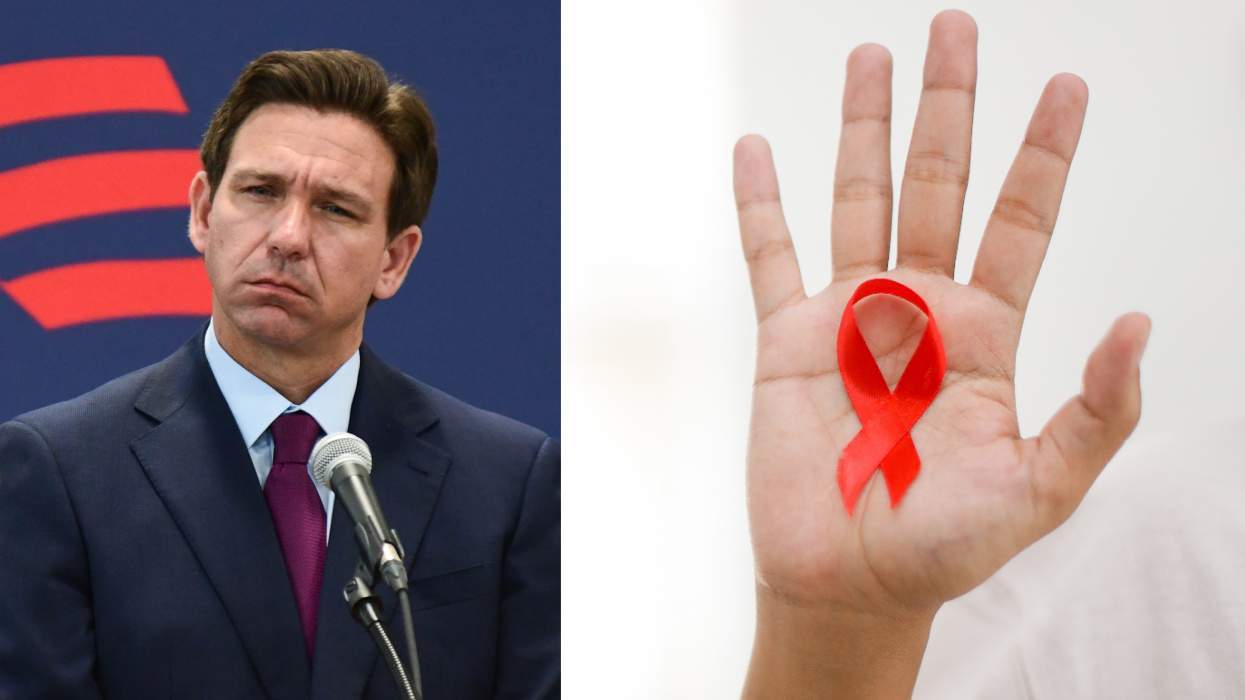
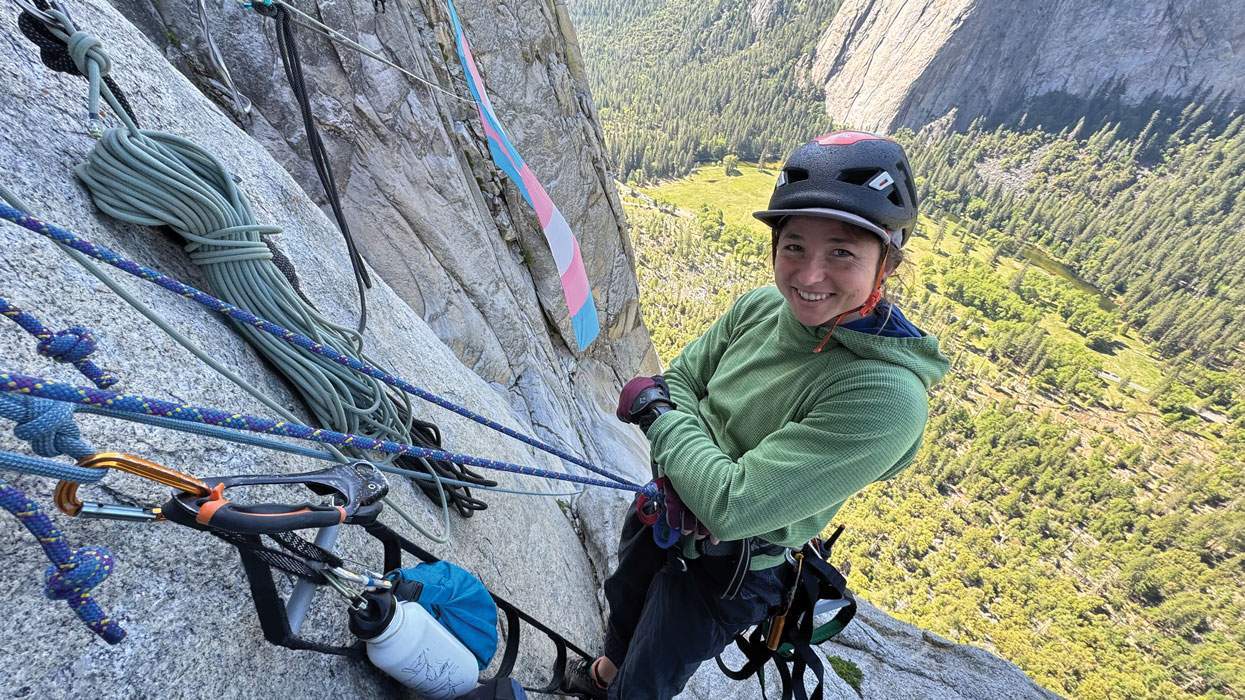
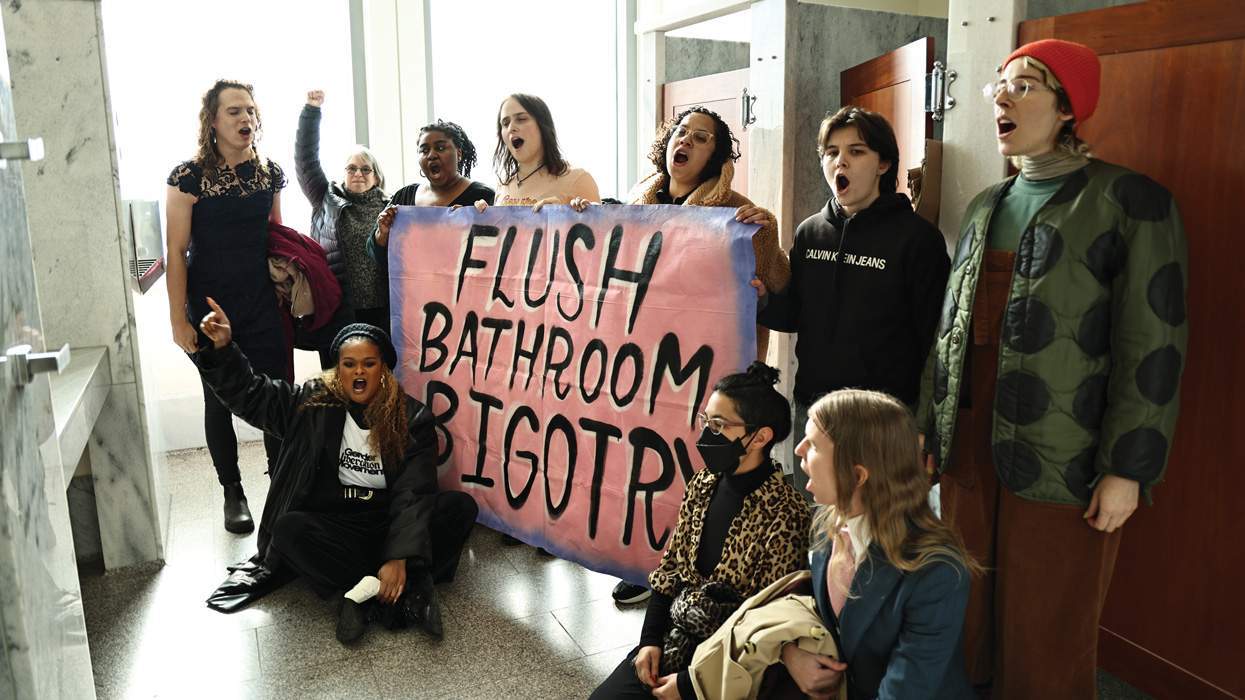





Charlie Kirk DID say stoning gay people was the 'perfect law' — and these other heinous quotes
These are some of his worst comments about LGBTQ+ people made by Charlie Kirk.